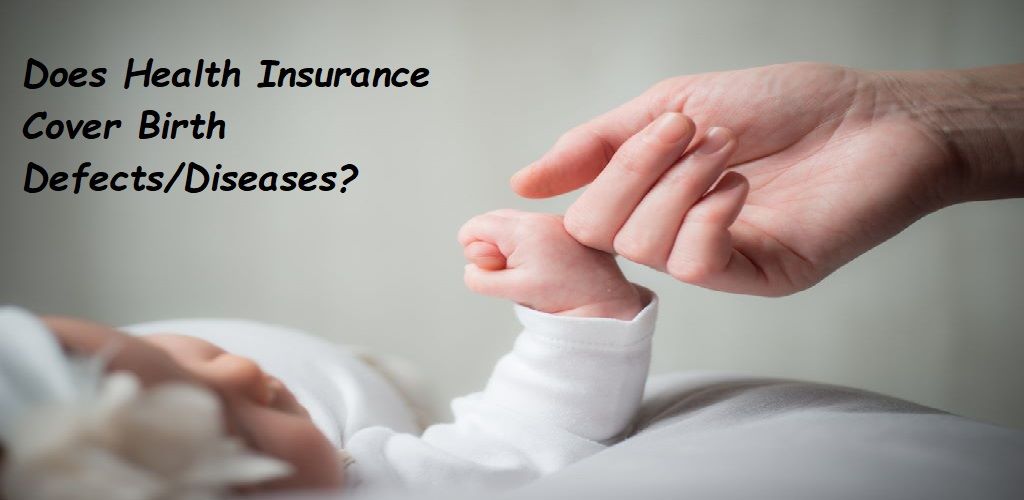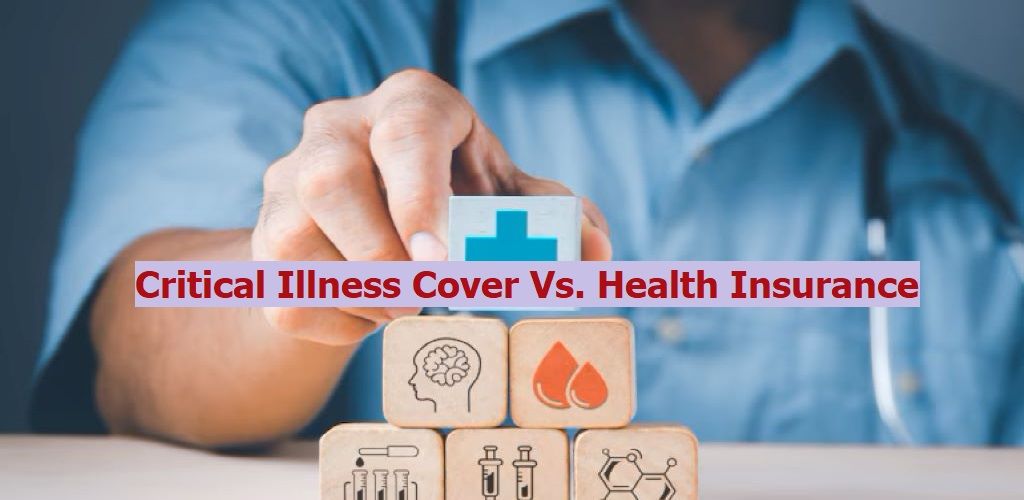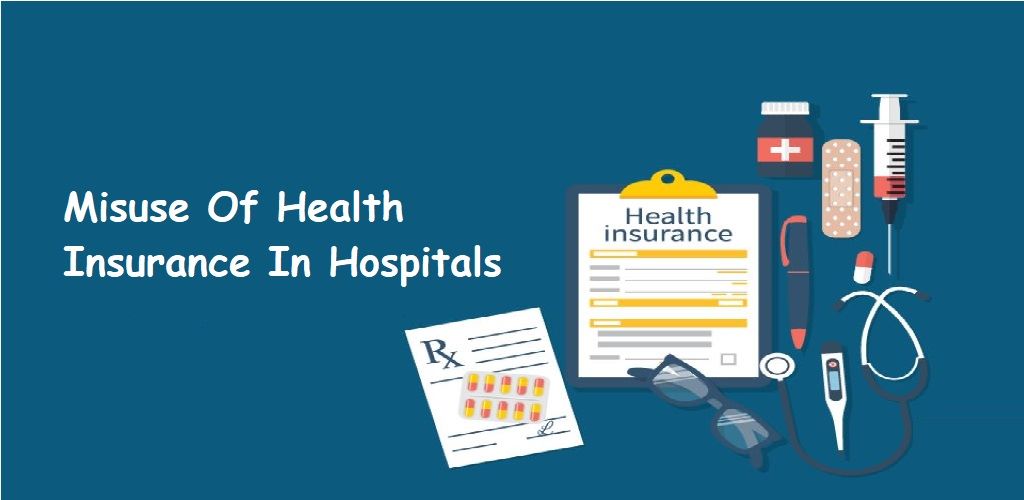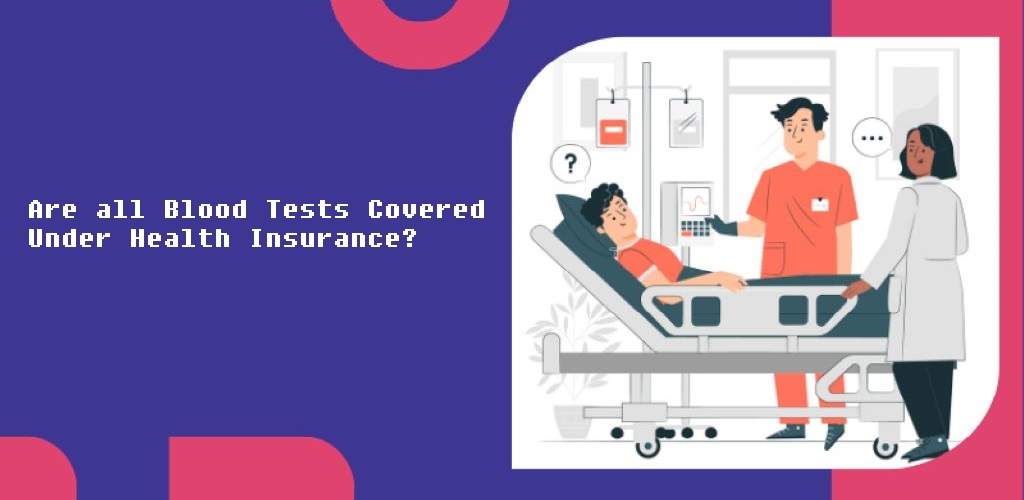No matter what job you do or what you do in a day, you need to stay disease-free and lead a healthy lifestyle. Remember that not only does it help save you money, but it also provides a safety net for the future and multiple benefits in the long run. This is where the importance of health insurance comes into play! There is no denying that it offers a range of benefits and coverage options to the individual in case of hospitalization.
But here’s the catch! Some individuals don’t have the luxury because they are born with birth defects or congenital diseases. Did you know?
Nearly 1 to 3 babies out of 100 in India are born with some sort of birth defect, which means nearly 27 million babies are born with defects each year.
Well, that does sound alarming! That’s the reason this raises the question of whether health insurance plans in India cover congenital diseases or birth defects. In this post, we’ll discuss the ins and outs of birth defects and explore whether health insurance coverage for these conditions is applicable or not.
What are Birth Defects and Causes of Birth Defects?
Birth defects, also known as congenital diseases or anomalies, refer to structural or functional abnormalities present in individuals from birth. They can occur during the development of the baby in the womb, which may lead to defects that can be detected before birth, at birth, or during infancy.
Keep in mind that the causes of birth defects can be further classified into two types:
- Genetic Causes
This type of cause refers to the passing of genetic abnormalities from the mother/father to the baby. These abnormalities occur due to mutations or changes in genes, which can result in flaws or missing parts of genes. These genetic defects are typically present from the moment of conception and are often inherited through family history.
- Non-Genetic Causes
Remember that non-genetic causes, on the other hand, can be potentially challenging to identify. Some certain behaviours and exposures can significantly increase the risk of birth defects. These include smoking and consuming drugs and alcohol during pregnancy. Additionally, exposure to toxic chemicals or viruses can also elevate the risk of birth defects.
Well, there are many birth defects where the exact cause remains unidentified or unknown.
What are the Types of Birth Defects?
Let’s take a look at the types of birth defects that you should know. Let’s classify them into two types;
Structural Abnormalities:
These are as follows:
- Heart defects: These defects include structural problems in the heart’s formation or function in the woman’s womb.
- Limb Reduction: It refers to the underdevelopment or absence of limbs.
- Cleft Lip or Palate: It is a facial defect where the lip or the roof of the mouth doesn’t fuse properly during development.
- Neural Tube Defects: These defects have happened in the development of the brain, spinal cord,
Development Abnormalities:
These are as follows:
- Visual Impairments: These refer to the conditions that affect vision, such as cataracts or optic nerve abnormalities.
- Hearing Impairments: These kind of defects include hearing loss or deafness.
- Fetal Alcohol Spectrum Disorders: These typically include physical, mental, and behaviour issues that occur due to the mother’s consumption of alcohol during pregnancy.
- Cerebral Palsy: It includes a group of disorders that affect movement, muscle tone, and posture.
- Genetic Disorders: These conditions are generally caused by abnormalities or mutations in genes, such as Down Syndrome or Cystic Fibrosis.
How are Birth Defects Identified in Children?
It is no secret that birth defects in children can be spotted both before and after birth. During pregnancy, doctors use specialised techniques and tests including Ultrasounds, blood tests, and ECG to see whether the baby has any problem. They can also perform more detailed tests KFT, LFT, and amniocentesis, taking a small sample of the fluid around the baby. These tests are usually for moms who might be at a higher risk because of their age, family history, or other factors.
Remember that these prenatal tests can tell if the mother has an infection or something else that might harm the baby. After birth, doctors can find birth defects by examining the baby, checking their hearing ability, and doing a newborn blood test. This test can determine problems even before symptoms show up.
Note: These medical tests are not perfect. Sometimes, they miss defects, and oftentimes, suggest problems that are not even identified. However, most birth defects can be confirmed for sure after the baby is born.
Tips to Avoid Birth Defects
Here is a list of the tips to avoid birth defects.
- Consume Folic Acid
One of the best ways to prevent birth defects is that women who are planning to get pregnant should start consuming folic acid before conception and continue throughout pregnancy. Remember that folic acid helps prevent brain and spine defects. But before you take any supplements, kindly consult your doctor.
- Ignore Harmful Substances
Another major way to prevent defects is that women should stay away from alcohol, drugs, and tobacco during and after pregnancy. Ensure you stay careful with medications. Only consume what is prescribed by your doctor. Always inform your doctor about any drug or medicine you’re taking.
- Vaccinations
One of the most important ways to prevent defects is for women to take vaccines during pregnancy as prescribed by their doctors. Ensure you talk to your medical professional before you consume any supplement or medication.
- Maintain a Healthy Body Weight
There is no denying the fact that keeping a healthy body weight can significantly reduce pregnancy complications. Women with conditions like diabetes should manage their health carefully.
- Regular Prenatal Appointments
Last but not least, ensure you attend all prenatal appointments. If your pregnancy is high-risk then your doctor can write additional screenings to identify defects. Sometimes, doctors can treat certain defects before death.
Does Health Insurance Cover Birth Diseases?
Well, if you want a short answer, then “Yes”! In India, regular health insurance plans do cover birth defects, as stated in the 2019 guidelines set by the IRDAI (Insurance Regulatory & Development Authority of India).
These insurance plans provide coverage for the expenses related to the diagnosis and treatment of birth defects. It includes hospitalization, daycare procedures, surgeries, pre and post-hospitalization, and more. The coverage amount can vary, ranging from Rs. 50,000 to Rs. 6 Cr. However, the extent of the coverage and the specific coverage amount depend on the particular health insurance plan you have chosen.
Keep in mind that not all birth defects are covered by health insurance plans in India. According to the IRDAI Guidelines, only internal defects are eligible for coverage under regular health insurance plans. If an individual has an external congenital disease, the insurance company will not be liable to cover the treatment expense.
Note: Remember to carefully review the terms and conditions of your health insurance plan to understand the coverage provided for birth defects.
Conclusion
So, that’s all you need to know about birth defects under health insurance! Remember that birth defects have a lifelong impact, which means timely treatment is important. That’s why it’s important to invest in a dedicated health insurance plan that provides vital financial support for medical expenses.
When selecting a health insurance plan, consider health insurance providers that have a dedicated network of hospitals and have a great claim settlement ratio. Additionally, you should take the time to thoroughly read and understand all the terms and conditions of the policy. Don’t forget to compare different plans to ensure you make the best decision for your needs.
Frequently Asked Questions
Here is a list of the frequently asked questions related to birth defects under health insurance.
Some diseases not included in health insurance plans in India are sexually transmitted diseases which include HIV, infertility treatments, and dental procedures.
Some of the common types of congenital diseases are iniencephaly, Spina Bifida, anencephaly, microcephaly, and craniorachischisis.
The father’s role in preventing congenital diseases is to take care of certain things that could potentially cause issues for the baby. It includes timely vaccinations, food intake, and taking safety precautions to prevent any kind of infection.
Yes, health insurance often covers therapies like physical therapy, occupational therapy, and speech therapy for children with birth defects if they are prescribed by a healthcare provider and considered medically healthy.
Yes, many health insurance plans cover prenatal testing, such as ultrasounds, genetic testing, and amniocentesis to detect birth defects. The coverage may vary depending on the specific medical tests and the terms of the insurance policy.








